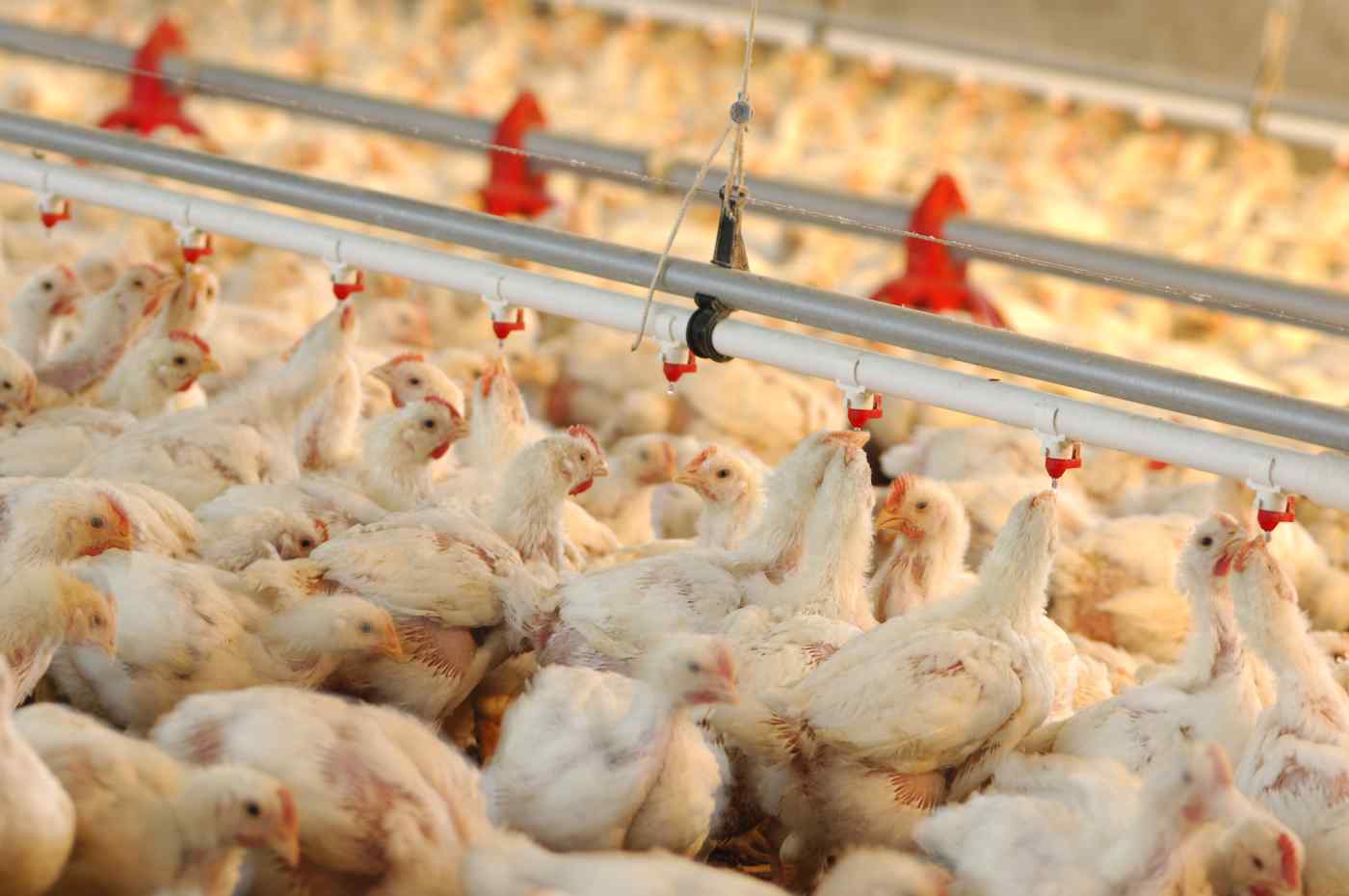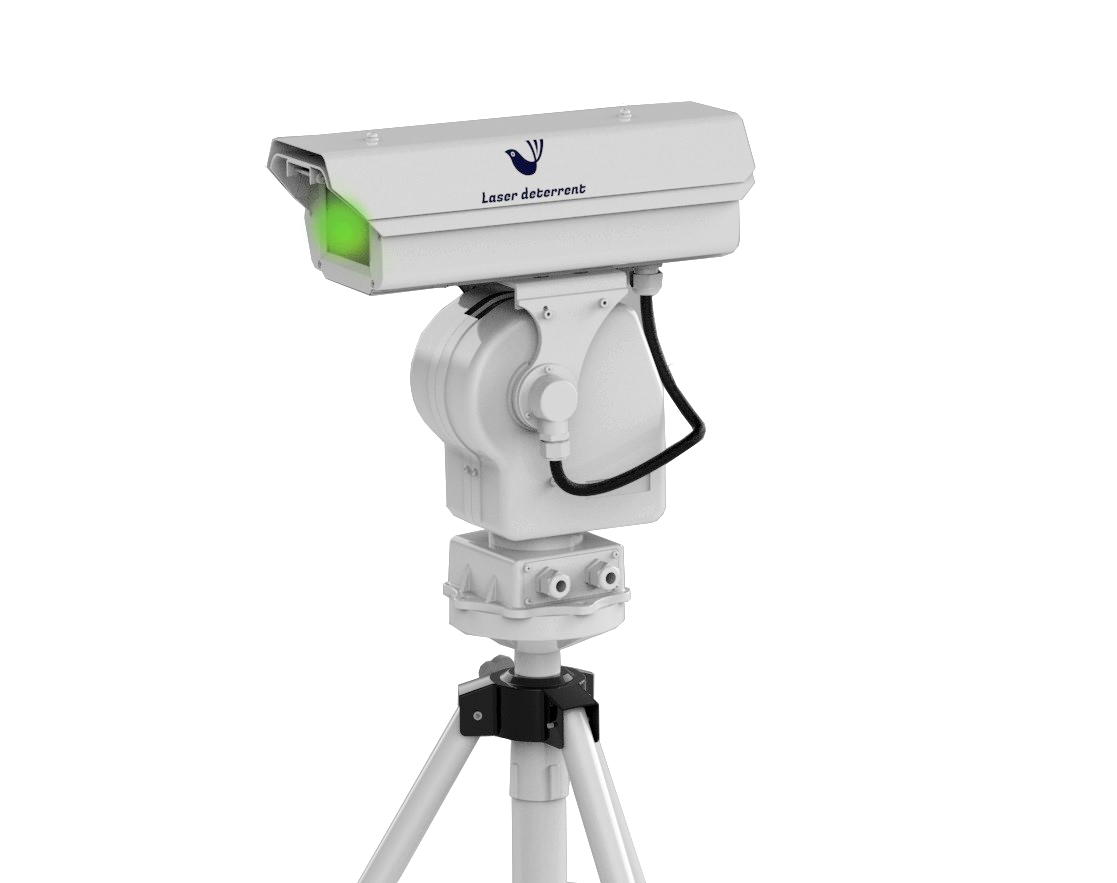Once you fill in this form, we will get in touch with you shortly, assess and solve your bird problem in the most effective way.
Once you fill in this form, we will get in touch with you shortly, assess and solve your bird problem in the most effective way.
Once you fill in this form, we will get in touch with you shortly, assess and solve your bird problem in the most effective way.
Once you fill in this form, we will get in touch with you shortly, assess and solve your bird problem in the most effective way.
February 17, 2023 View:

Almost every year we can see similar news about bird flu
* In January 2023, a highly pathogenic H5N1 avian flu outbreak was reported in chickens in the state of Sabah in Malaysia, leading to the culling of over 8,000 birds to prevent the spread of the disease.
* In December 2022, an outbreak of the H5N8 strain of bird flu was reported on a turkey farm in the Netherlands, leading to the culling of around 12,000 turkeys.
* In November 2022, the H5N8 avian flu virus was detected in a flock of wild ducks in Denmark. The Danish authorities took measures to prevent the spread of the virus to domestic poultry, including restricting the movement of poultry and increasing biosecurity measures.
…
Avian influenza, also known as bird flu, is caused by a group of influenza viruses that primarily infect birds. There are many different strains of avian influenza viruses, some of which are highly pathogenic and can cause severe illness and death in birds. In rare cases, some strains of avian influenza viruses can also infect humans, and in some instances, these infections can be severe or even fatal.
The virus is primarily spread among birds through contact with infected birds or their feces, secretions, or contaminated surfaces. Domestic birds such as chickens and turkeys are particularly susceptible to avian influenza viruses and can quickly spread the virus within a flock.
While the exact reasons for the outbreaks of avian influenza can vary, it's often associated with close contact between domestic birds and wild birds, as well as poor biosecurity measures on farms. Climate and environmental factors can also play a role, as certain strains of the virus may be more prevalent during certain seasons.
It's important to note that avian influenza is primarily a disease of birds and does not typically spread easily from birds to humans. However, it's important to take appropriate precautions to prevent the spread of the virus, particularly if you work with birds or come into contact with them frequently.
Avian influenza affects poultry farms a lot, they need to pay attention to either avian influenza or salmonella, both of which are related to birds. So, what should we do? The most important thing is to avoid contact with birds, of course, there are thousands of ways and bird deterrents to help you keep away from birds, but we will talk about the effective and environmentally friendly one.
Laser bird deterrent

It’s a high-efficiency method suitable for large-scale bird control, the green laser which usually appears in sci-fi movies becomes a guarder of crops, fruit farms, fish ponds, airports, and electric substations…. Laser bird repellent is able to reduce up to 90% of bird damage and wouldn’t hurt the birds. Sounds good? Now Please contact our sales team (sales@laserdeterrent.com or WhatsApp:+8618550596602).
© Laser Deterrent Technology Company (www.laserdeterrent.com) 2022 | Sitemap